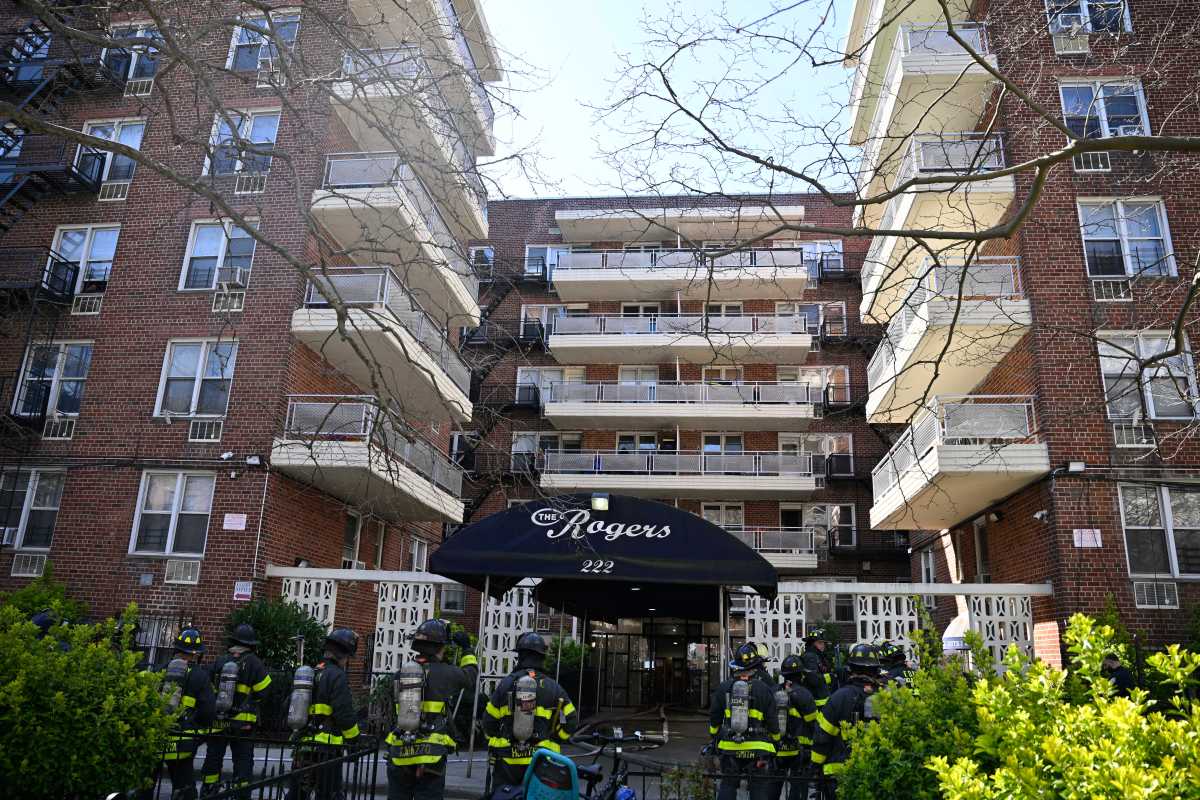Running a marathon pushes your mind and body to the limits. However, once you’ve gone the 26.2 miles it takes to cross the finish line, recovery is your next step for staying injury-free and healthy. In the lead-up to the New York City Marathon on Sunday, local running and recovery experts share their top tips for what to do — and what to avoid.
Do some pre-hab
Most people train between 12 to 20 weeks for a marathon and taper the last three weeks to avoid injury. Likewise, prepping your body to repair should begin before race day. “Hydration starts seven days out,” explains Rich Velazquez, chief operating officer and coach at indoor running studio Mile High Run Club, who recommends cutting back on sodas and sugary drinks. “Massage and foam rolling should start two weeks before and finish at least three days before the marathon.”
Be ready for surprises
“Running a marathon can put a lot of stress on your muscles and joints because of the high level of impact,” says Jeff Brannigan, program director at the new stretching studio Stretch*d. Beyond aches in your legs and damaged toes, you might be chafed and sore in places you didn’t expect. “Oftentimes, runners find that their upper bodies are sore because of the extended repetitive motion,” Brannigan explains. “We suggest doing a few shoulder shrugs during the race to loosen up.”
Walk it off
“As soon as you stop running and receive your medal, be sure to keep walking,” says exercise physiologist Pamela Geisel, from the Hospital for Special Surgery. You might be exhausted, but instead of sitting down, Geisel recommends putting on a heat sheet and keep moving for 30 minutes after the race to help your body get back to resting level and prevent blood from pooling in your legs. Blood circulation also helps deliver oxygen and nutrients to your stressed-out muscles.
Party smart
Refueling and rehydrating should be top priorities once you’re done running. “Make sure you eat within 30 minutes of finishing,” Geisel says. “Eat carbohydrates to replenish depleted glycogen stores and protein to repair muscle damage, as well as water and electrolytes to rehydrate.” A hearty meal is a good way to celebrate your achievement, but skip the Champagne and cocktails, which can further deplete you.
Take a break
“Sleep in!” So says Rick Richey, co-founder of ReCOVER, a studio dedicated to recovery. Sleep is when your body repairs damage and restores muscles and tissues. Geisel also recommends taking naps, treating exposed blisters with antibiotic ointments and bandages to avoid infections, and steering clear of friends who have colds. “Your immune system is significantly compromised after a marathon, making you more susceptible to getting sick,” she explains. “Be sure to wash your hands frequently.”
Move differently
Full recovery will take between one to four weeks, and most people begin bouncing back after two to three days (if you’re still in extreme pain after a week, you should see a doctor, the experts advise). Taking a break from running is advisable, but you should still work out. “Some elite athletes take off as much as a month [from running],” says Velazquez, who recommends easing your body back into exercise with activities targeting different movements and muscles from running, such as swimming, yoga or using a stair climber.
































